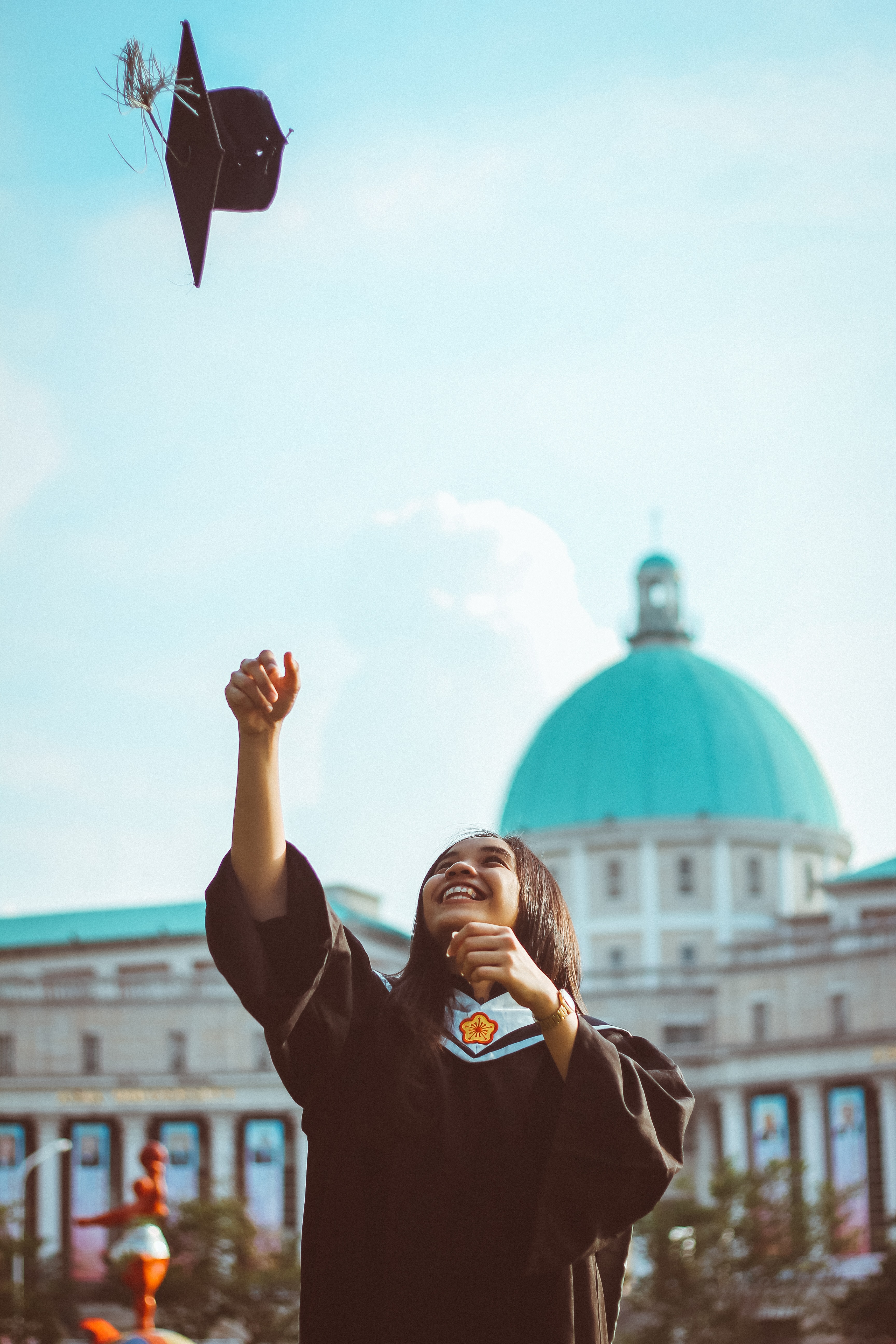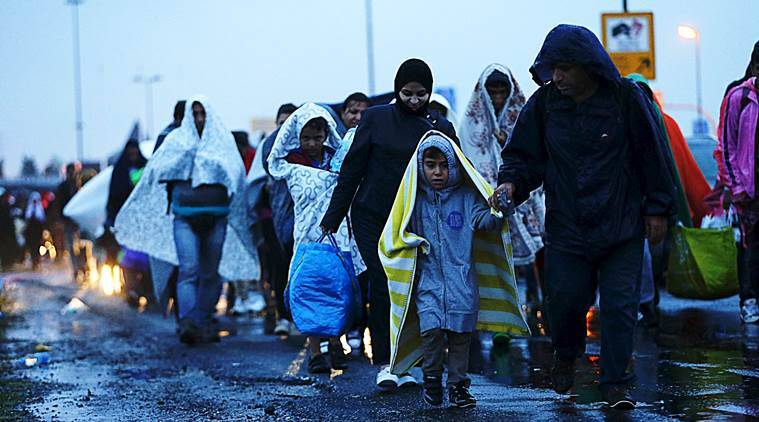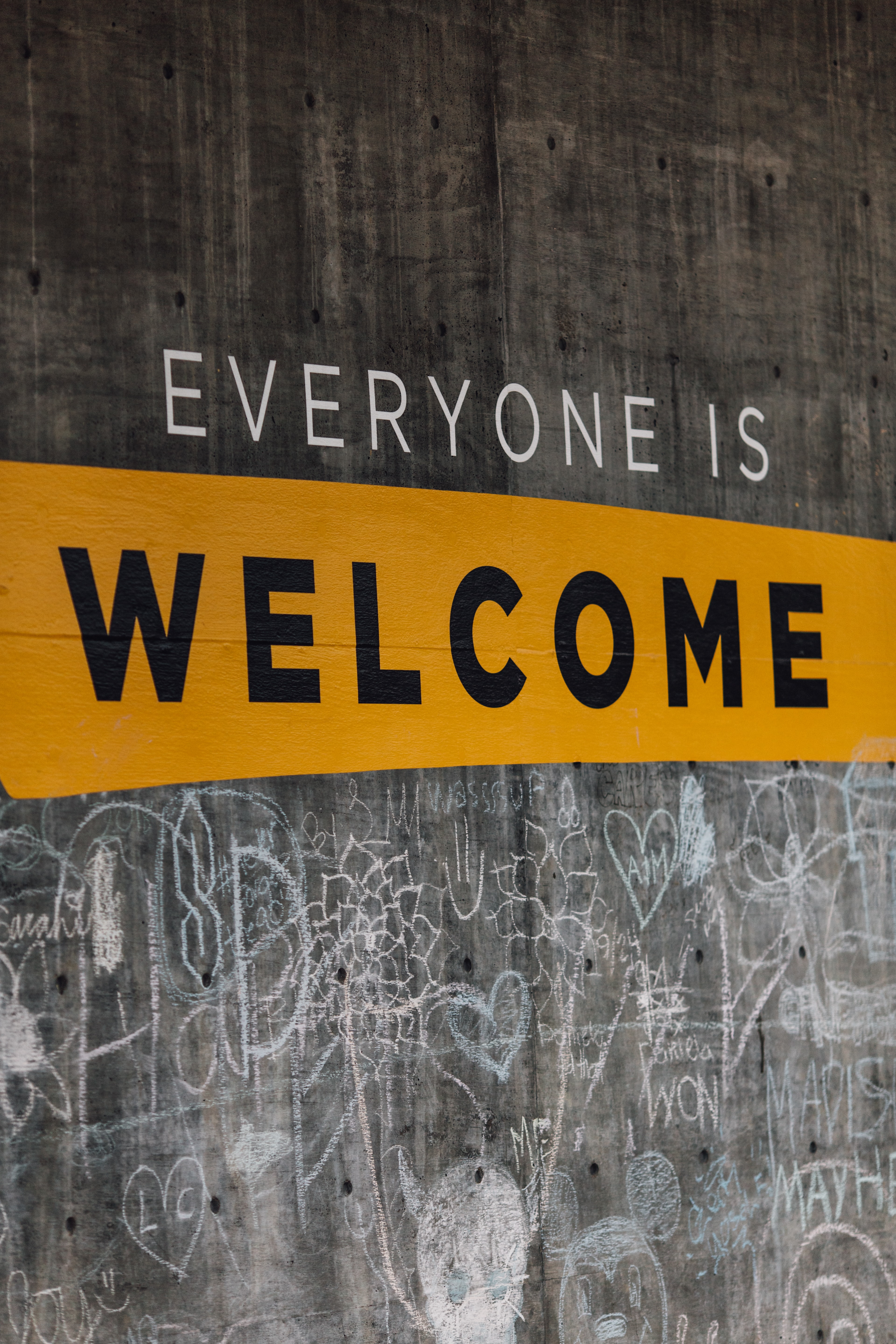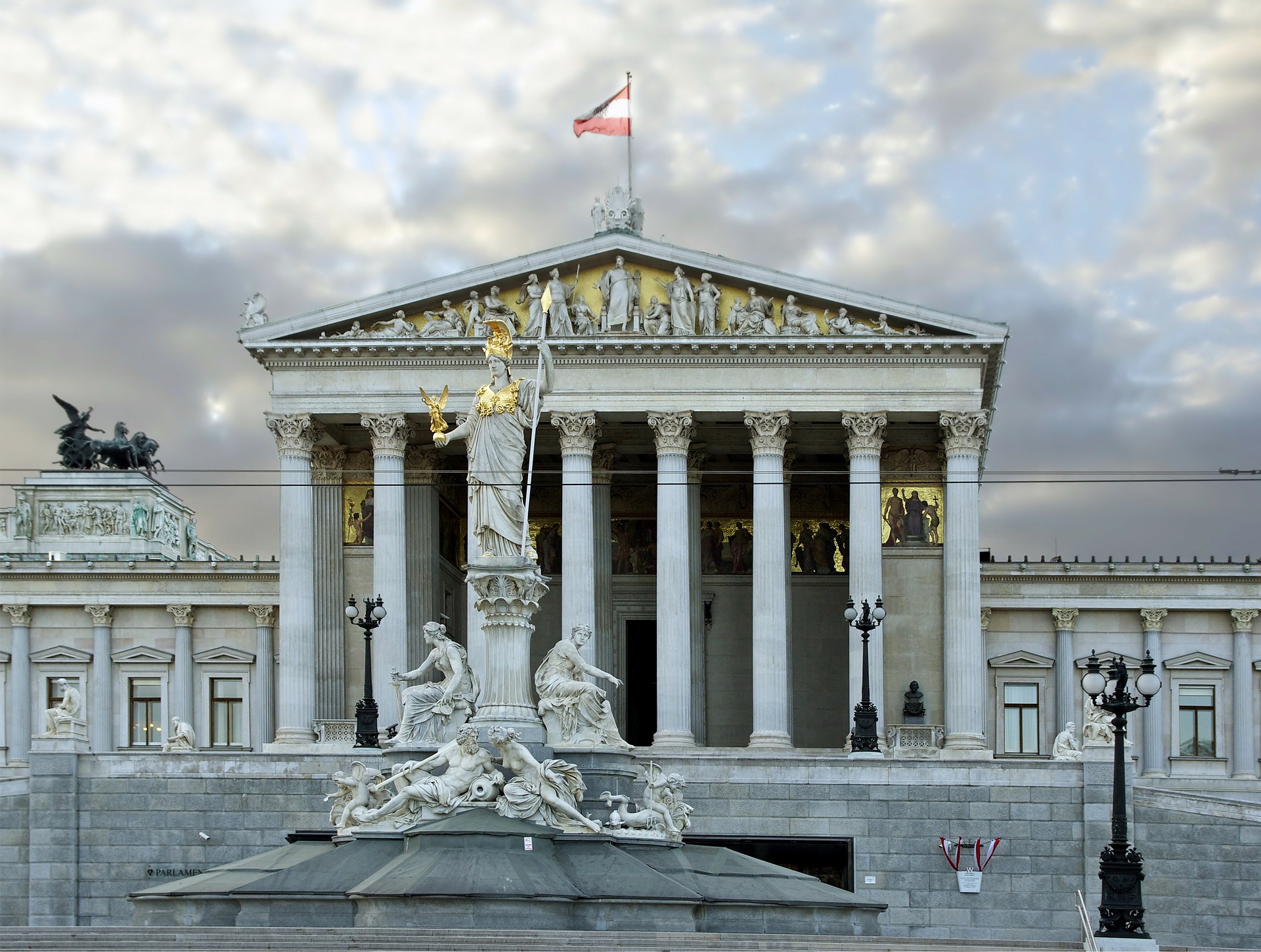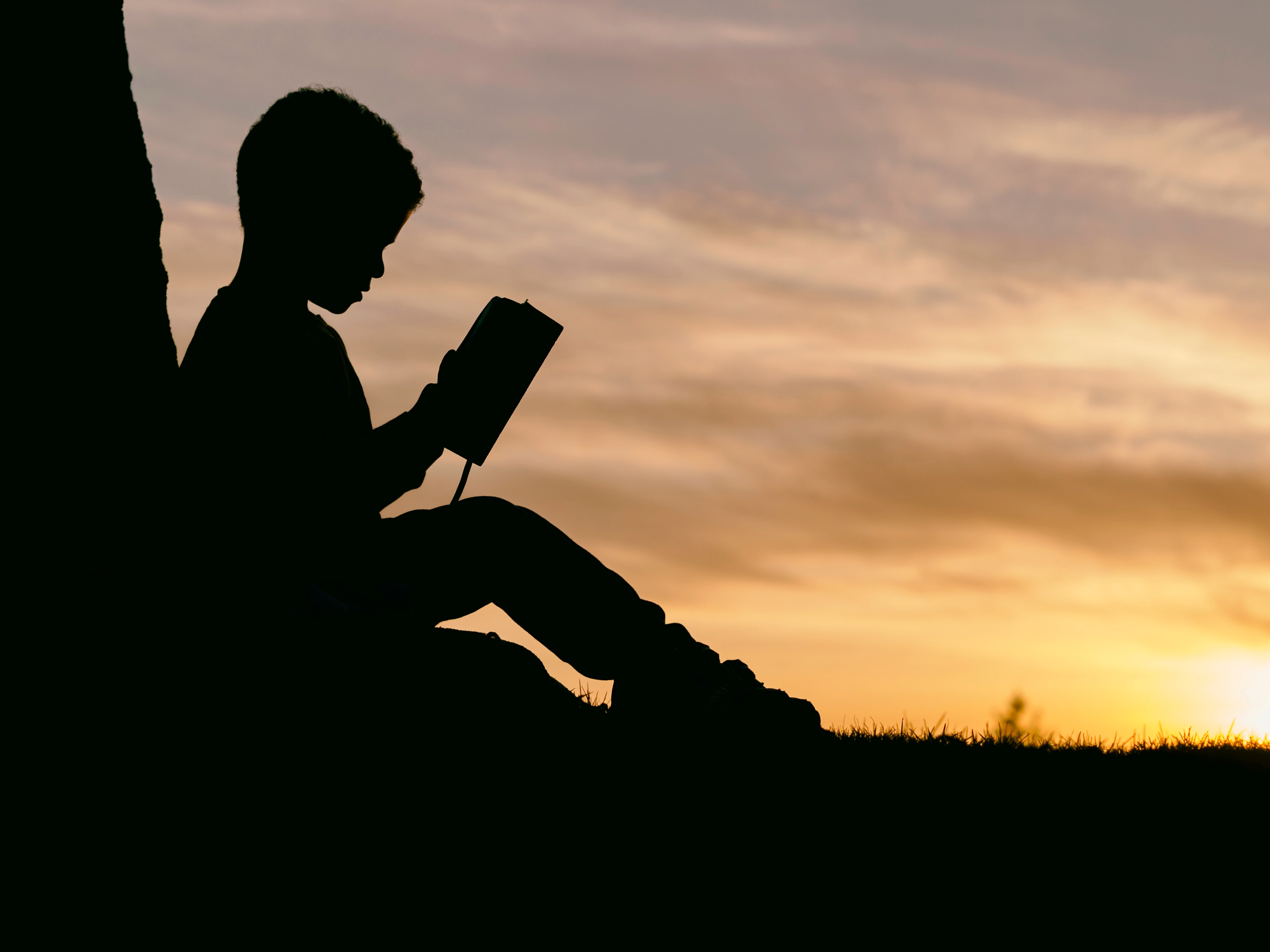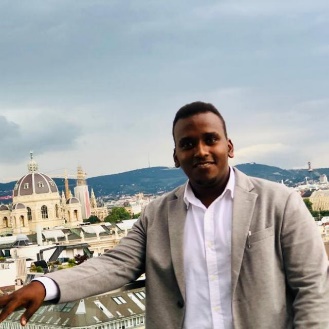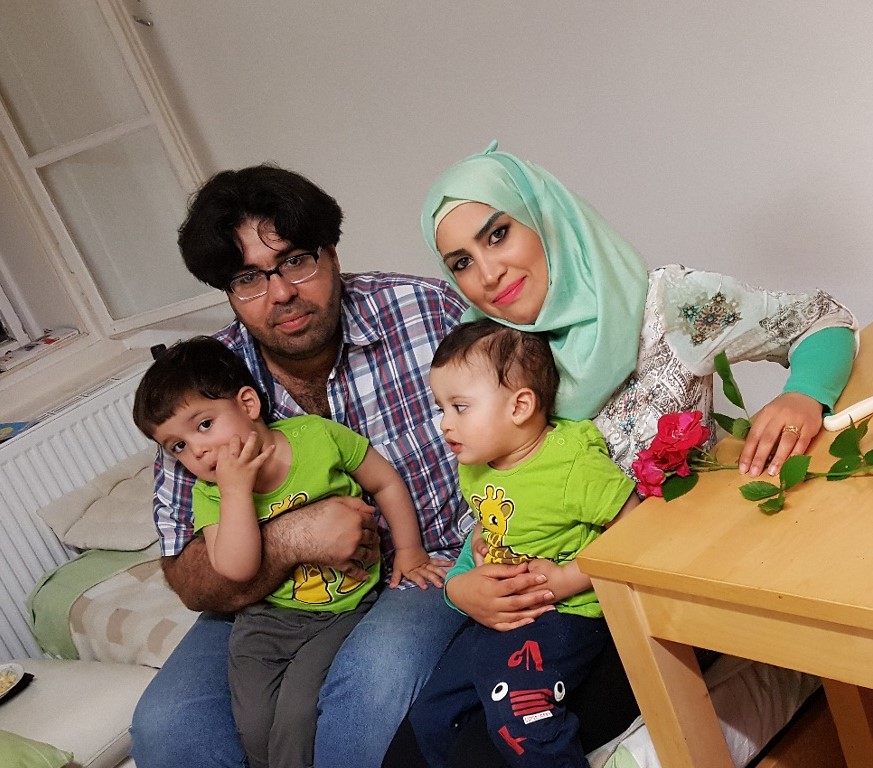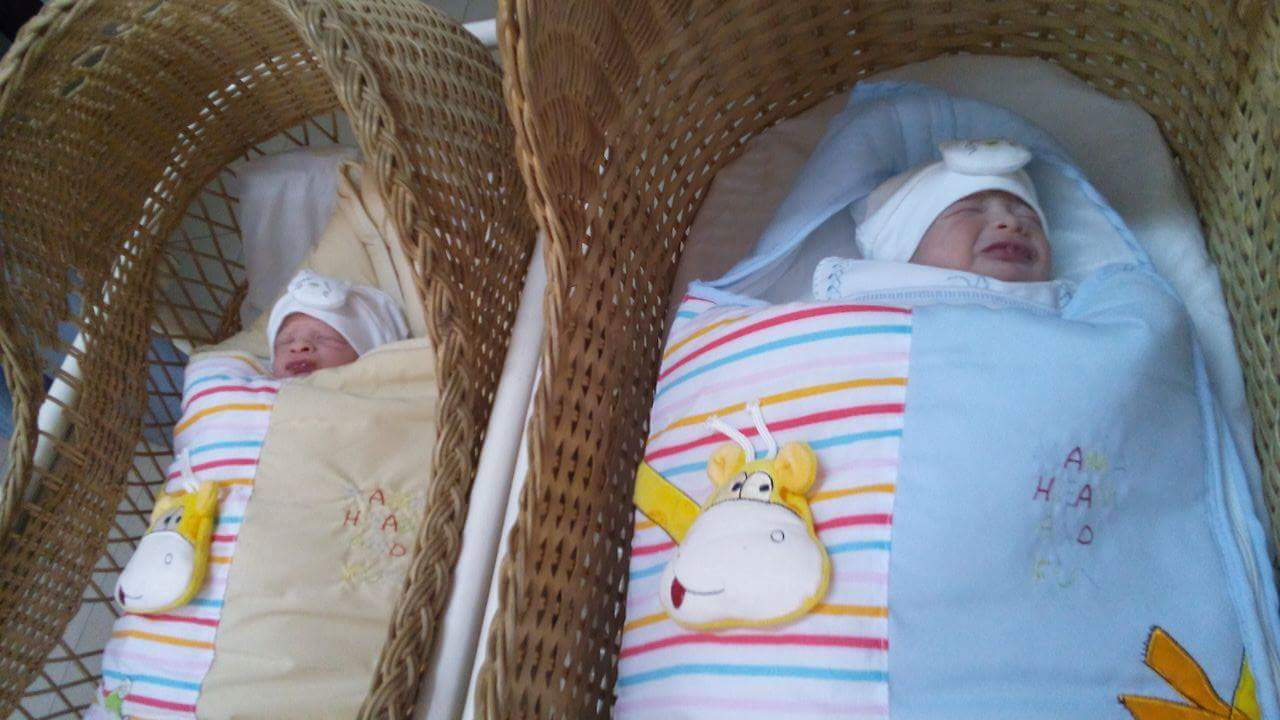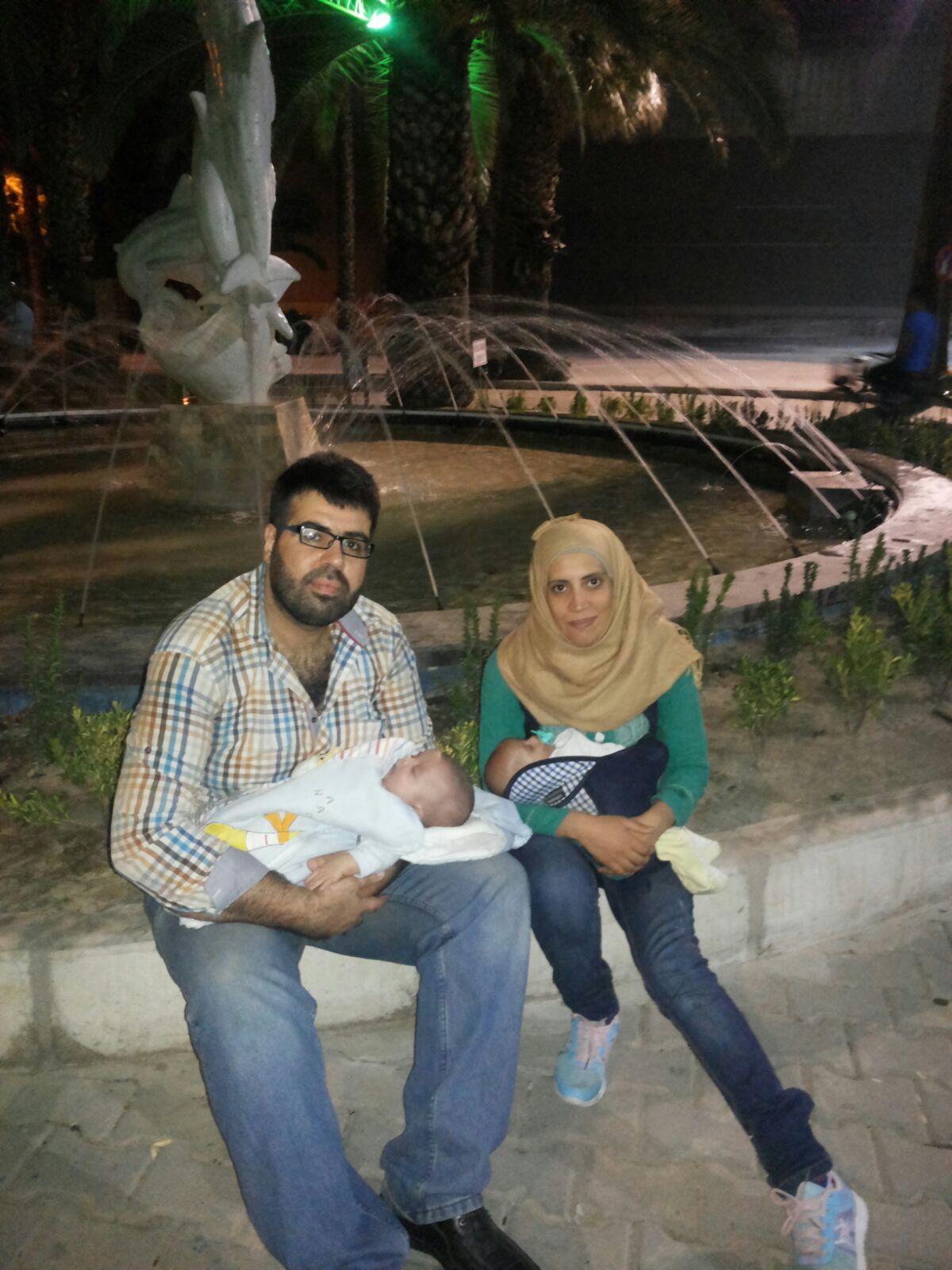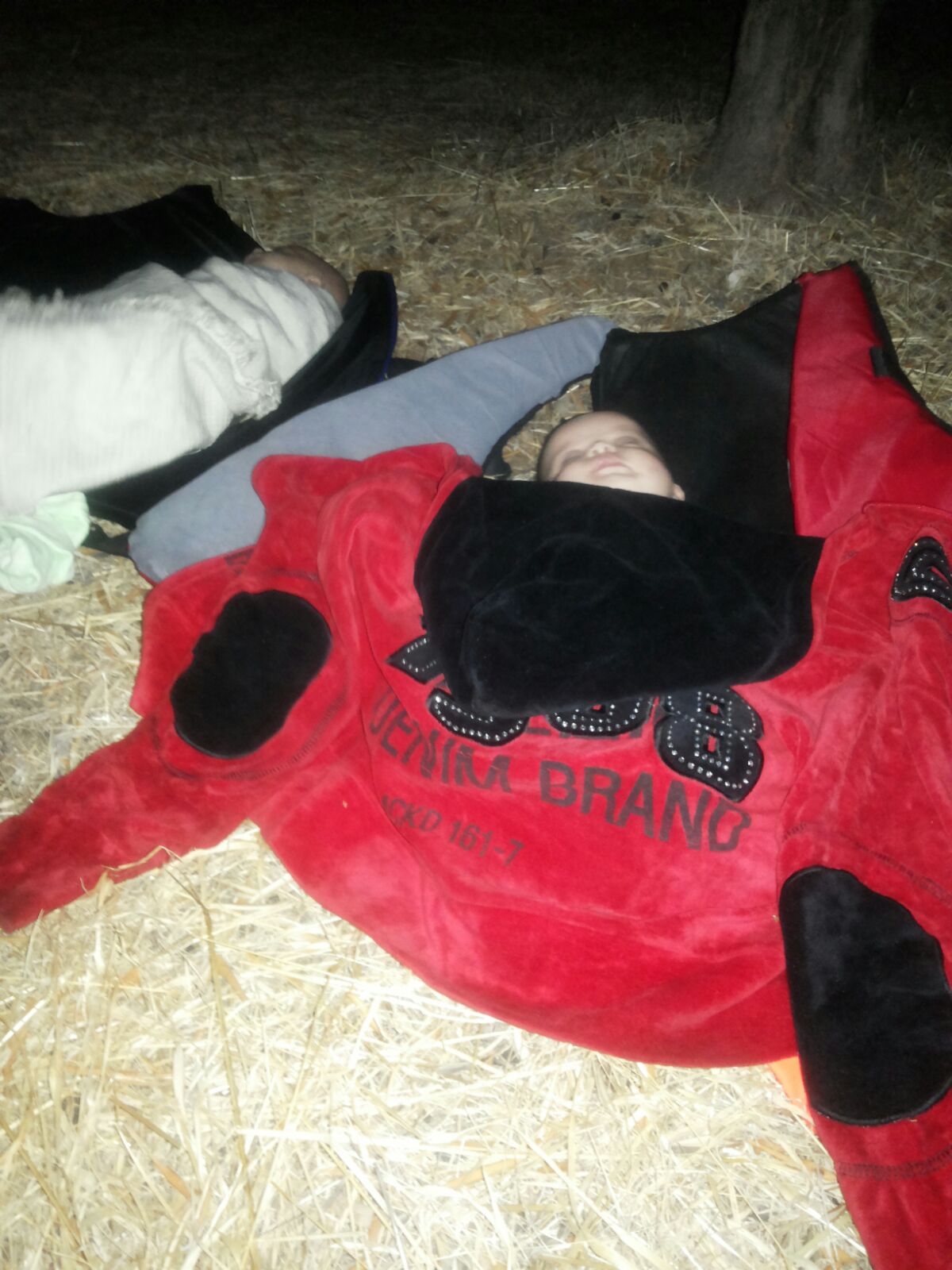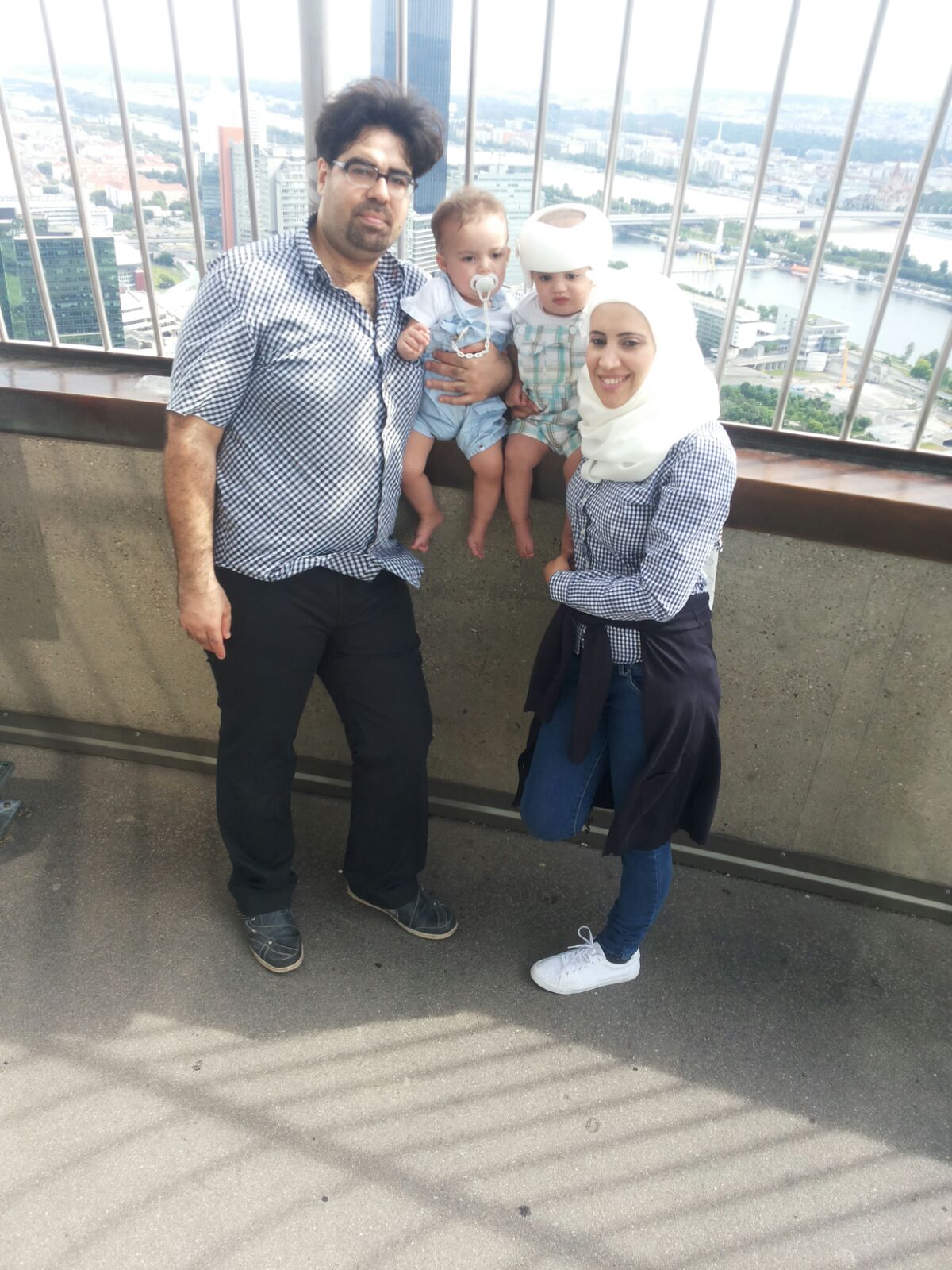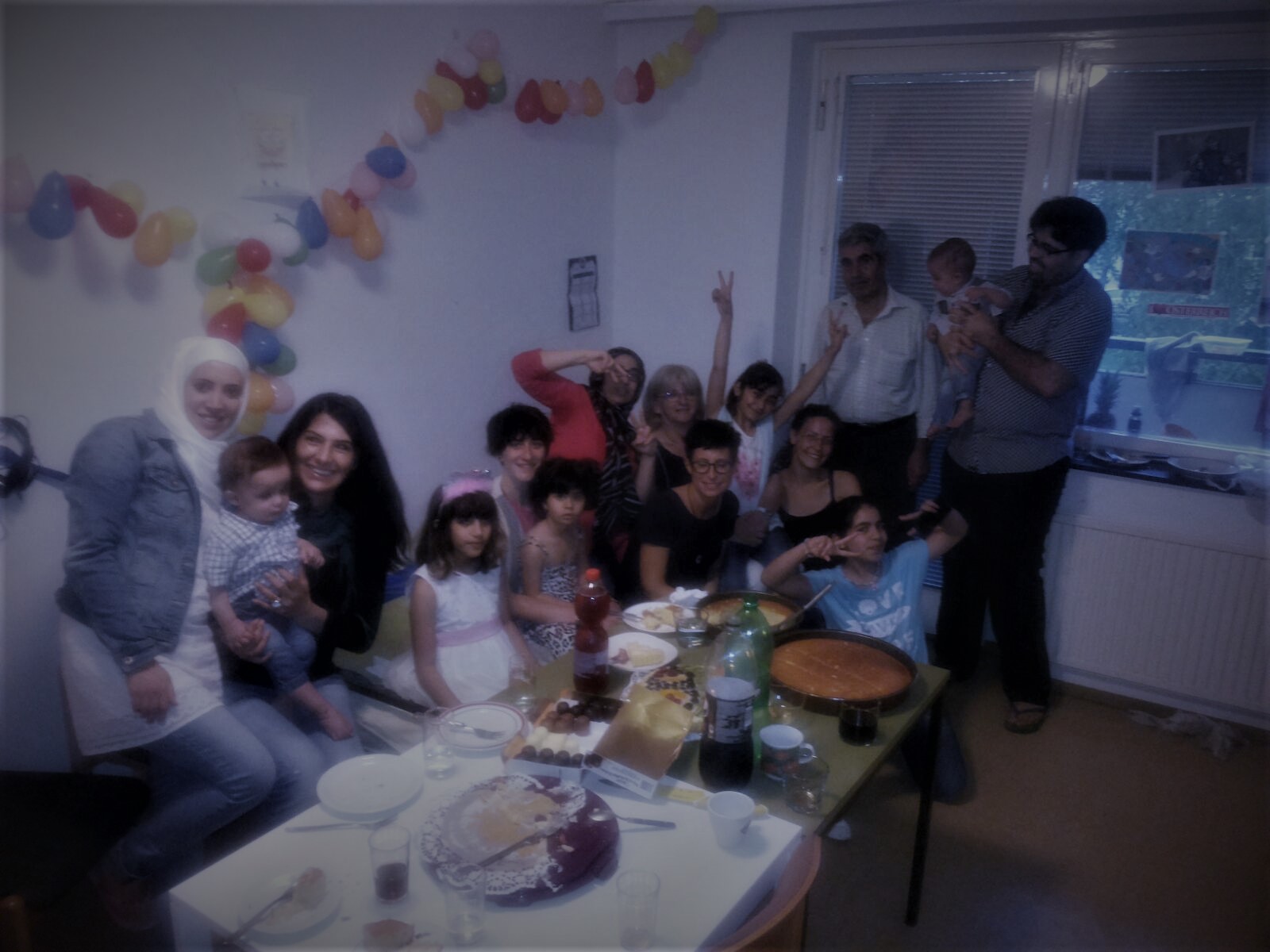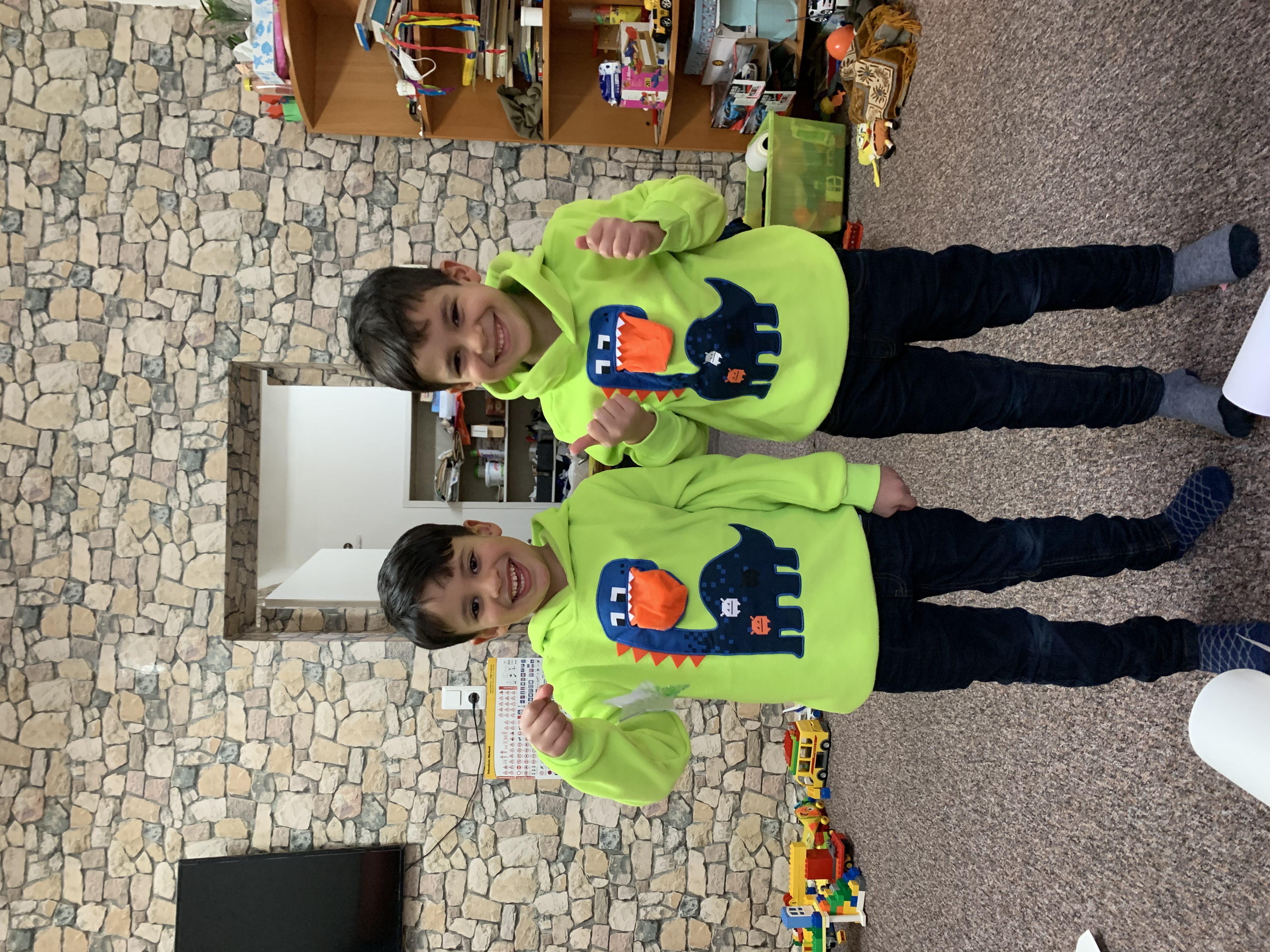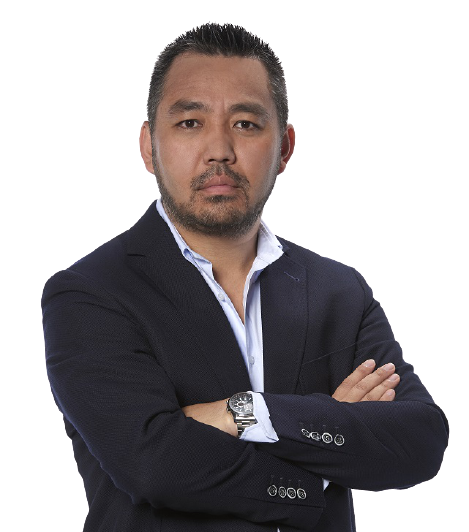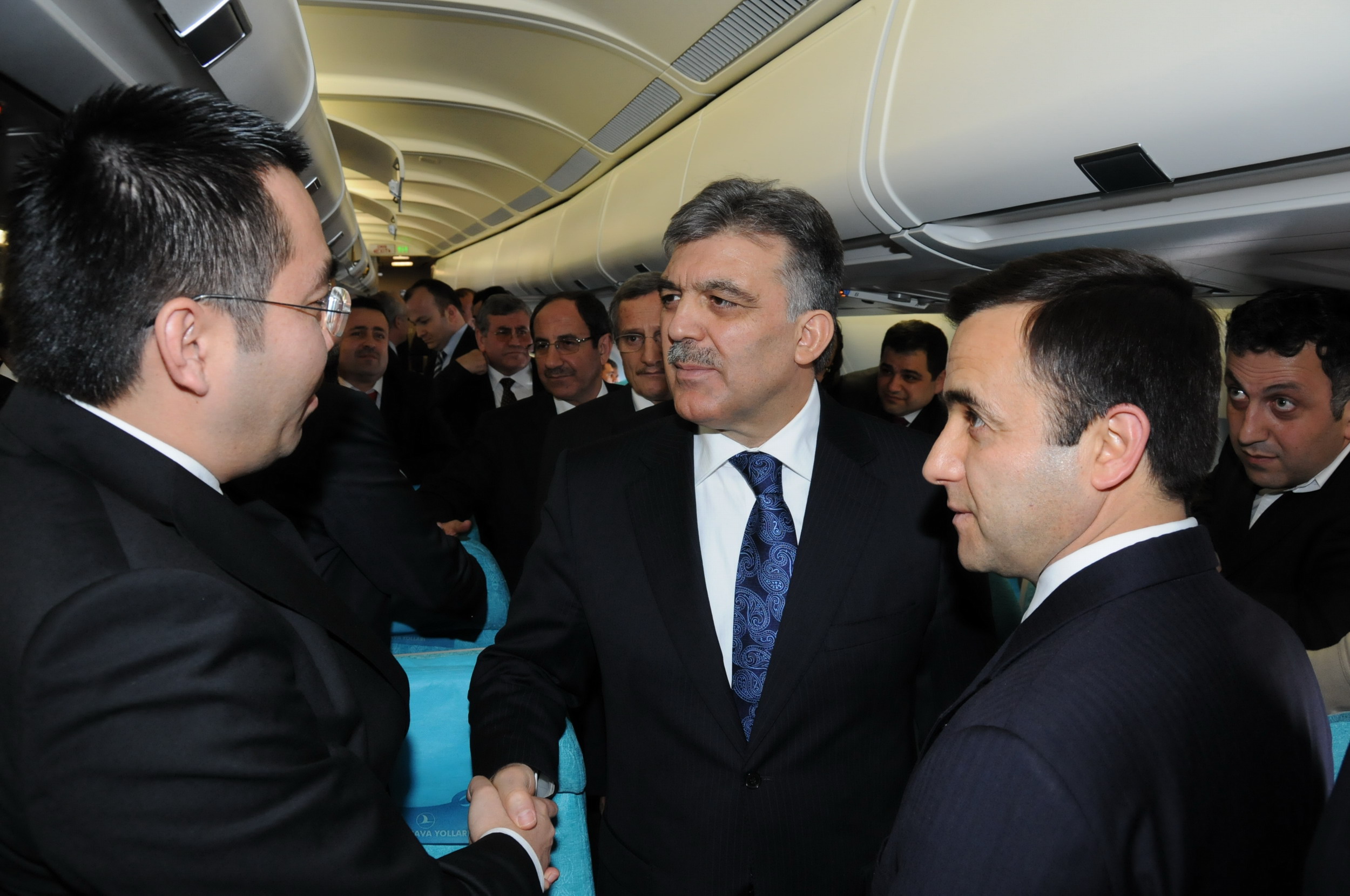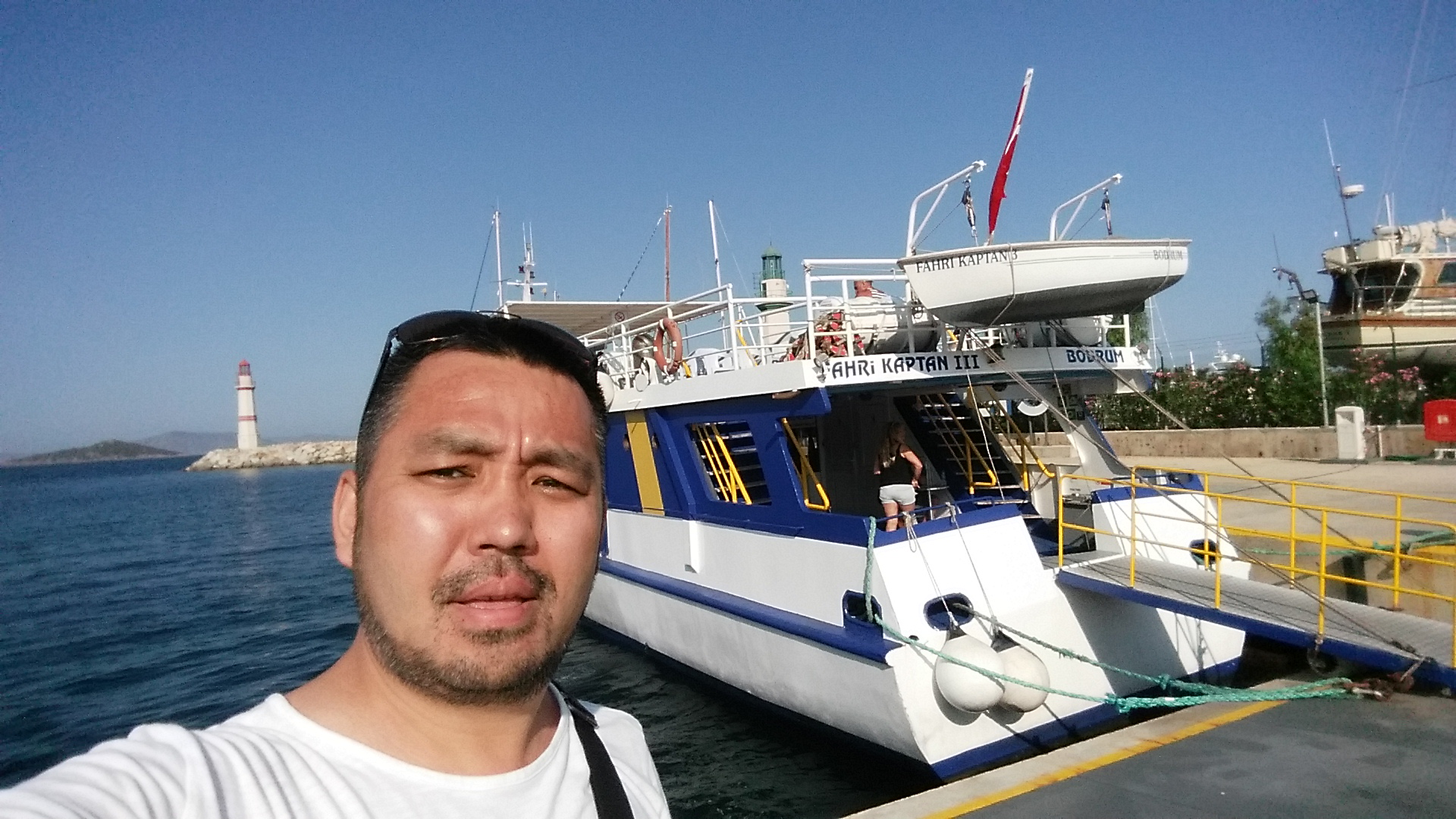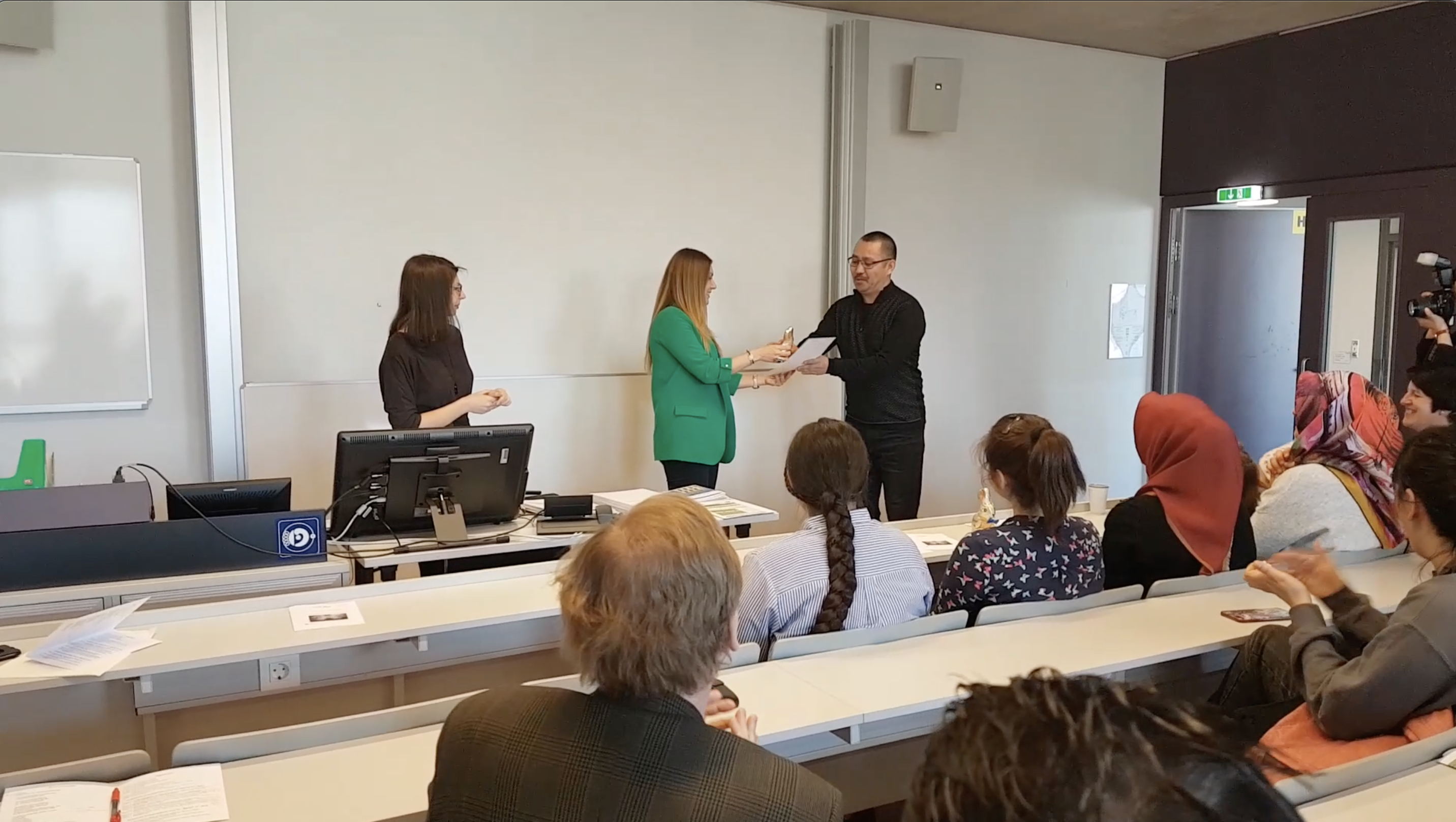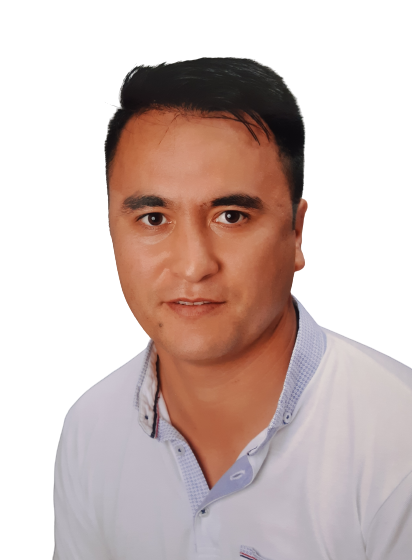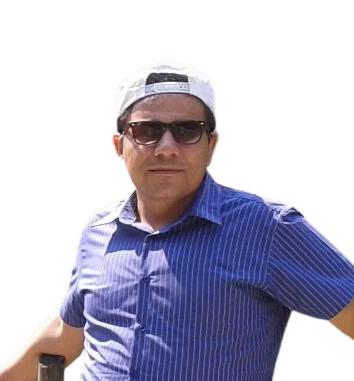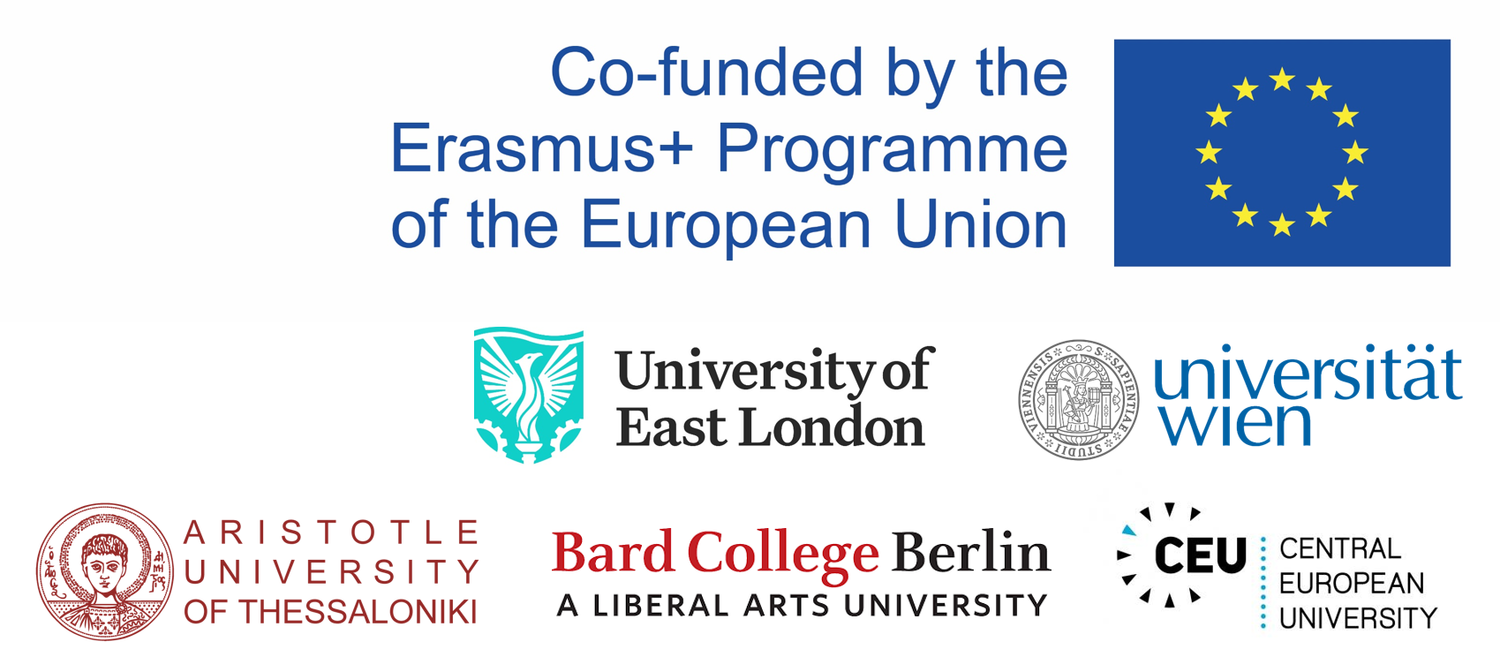Feedback about the Program
Our students and participants share their personal experiences with OLIve.
They also share their thoughts about society and world affairs.
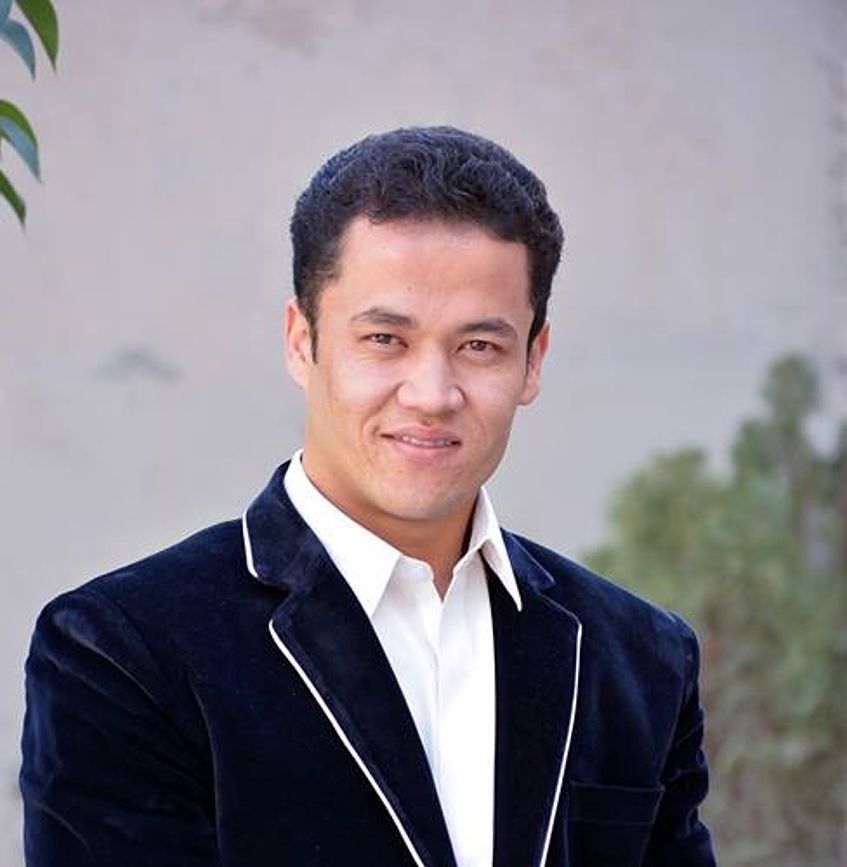
Liaqat Ali Baqeri
"I come from a country destroyed by war: Afghanistan. In 2010, when I was 12, my parents had to flee to Pakistan due to severe threats. During my stay in Pakistan, I had the opportunity to continue my education and learn English. However, after a long journey in December 2017, I reached Austria and now I live with my family. So, the first few months were quite tough for me, as I was in a whole new country with a new language to learn. Nevertheless, I managed to start a German course and, thanks to the teacher, through her I learned about the Open Learning Initiative (OLIve). I wasn’t sure, though, if I would have the chance to take part in this program due to a minor problem in my date of birth. The OLIve cycle in which I took part, made me understand that the program works like a bridge for refugees, allowing them to experience and to know the Austrian education system, paving the way to continue studies at the level of higher education. Moreover, it is so interesting to see that every single person has a thirst for knowledge and learning and, through education, they also intend to get better integrated in a new society. OLIve is also a unique opportunity to interact with people from different cultural backgrounds. In fact, the OLIve program gives a true insight of how multicultural Austria is. We see the different colours of Austria in the form of various volunteers, coming from different countries and they are so enthusiastic in helping the other refugees. Besides that, OLIve has been a good chance in terms of improving my language skills. Initially, I feared having to leave the English language aside. In a city like Vienna, where German is the official language, I was really overjoyed to see that I would be able to interact in English and as well due to the English courses offered which are aimed at preparing you for the University´s environment. Every single time, there was something new, like learning the task of essay writing. It was simply amazing. On the other hand, OLIve’s German course helped me a lot and, as a result, I got my German B1 certificate after 11 months of my stay in Austria. Learning German was my top priority, as it is the best way to get integrated and to make Austrian friends. On the other hand, German language was also essential for me to get myself admitted in the high school. Therefore, as a whole, OLIve has proved to be quite productive for me and I learned a lot more than I had expected. The lectures were very well organised. Though, there were numerous lectures every week but I personally liked the one on Journalism the most. I learned more about how difficult it is to be a journalist. However, I became hopeful in the presence of those professional journalists who give coverage and become the voice of those unheard voices who have suffered mass killings, injustice, persecution and discrimination in their homelands and have fled to west in a hope to secure a bright future for themselves. It would not be incorrect to say that, for these journalists, it is humanity which matters. Finally, it would be unjust not to thank the volunteers who worked tirelessly and made sure that every person made the most out of this experience. I would encourage the organisers to continue with such cycles more often, because refugees need more positive incentives, in order to remain optimistic for a bright future, and it is such experiences, which give them energy to move on. It is also worth mentioning that in countries such as Austria, it is equally important to offer German courses as well-organised as the English ones."
Read more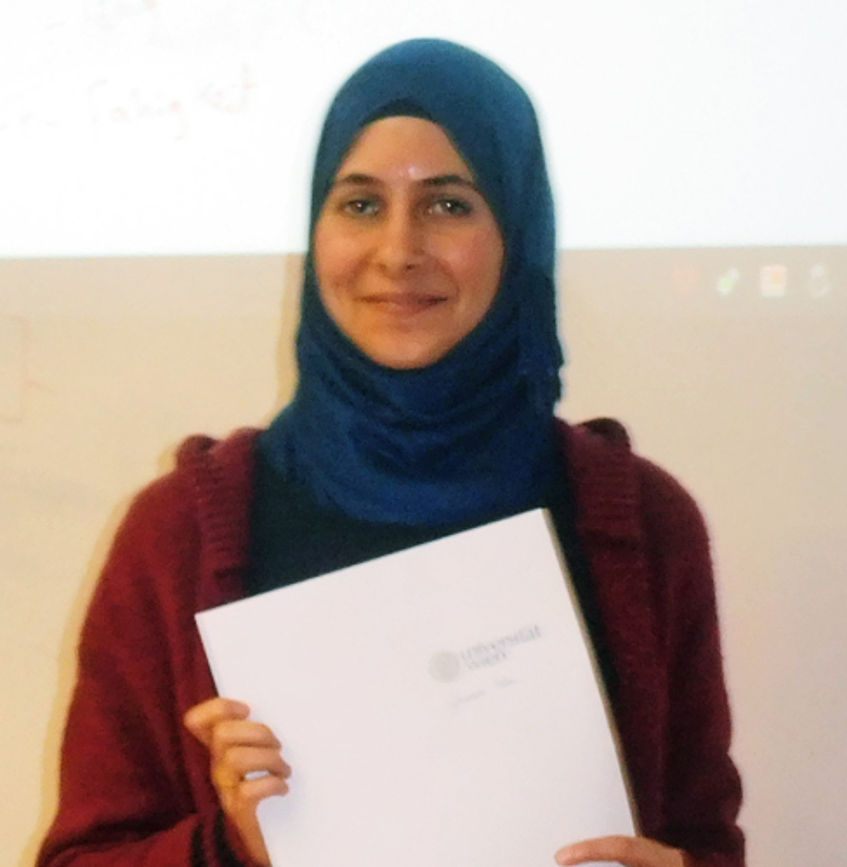
Heba Ghourrah
"Loneliness, anxiety and confusion. This is how I began my life in Vienna, like any other person who moves to a new country and has no idea or perception of their future path. But there must always be a key guide that opens the way for us to adaptation and integration to the new culture. Therefore, trying to coexist and spending time uselessly without any goal in mind are not beneficial choices. Language courses are one of those helpful tools for us to move forward, but what if we were offered an integrated and innovative program that encourages creativity and intensive knowledge acquisition, just like OLIve program? Well, this is an opportunity that doesn’t come too often, so it is necessary to take advantage of it. I am Heba, a graduate from secondary school - scientific track - since May 2017. I participated in OLIve program in the fourth and fifth cycles, after a friend of mine advised me to take part. From the first day I entered the faculty for Journalism and Communication Science, where OLIve program was held. The atmosphere seemed enthusiastic and filled with optimism and inspirational youth energy. What caught my attention the most was the cultural diversity of the program´s team, as well as the participating students. In my opinion, it is important at the beginning of learning to accept people regardless of their origins and to have a good relationship with them. Otherwise, people will lose their desire to complete the journey if they feel uncomfortable in the surrounding environment. Hence, it was the starting point for an enriching learning experience. I took part in the English course after I had a written and oral level test. Also, I attended several lectures on academic social topics. Some of them were in German, which also helped me to focus on my German skills by understanding the topic in a deeper and more advanced way. Moreover, the program included a variety of workshops either on the preparation of a curriculum vitae, research, or journalistic writing. I must say that my participation in the last cycle of the program was more effective due to the progress I have perceived in myself. I was able to obtain significant additional skills, in terms of increasing my level of the English language as well as my scientific knowledge. Especially beneficial were the sessions of scientific work that provided me with a broader comprehension on science. The tutors helped me by providing a detailed explanation of how to prepare and submit a research as professionally as possible. Indeed, I managed to successfully give a presentation on the last day based on the valuable information I had gained. Over the six months that I attended the program regularly, I have not only increased my scientific knowledge but also developed aspects of my personality, such as my self-confidence and the capability of comfortably talking to others. Through the program, my horizons were expanded and I was able to determine my decision on my university studies since the specialties at this faculty fit my wishes. I am pleased with my experience with OLIve. Certainly, I invested my time well and met nice friends, as well as a qualified teaching staff that encourages us to think independently and become interested in learning by fostering a positive, supportive, yet challenging environment. Ultimately, we must keep in mind that knowledge does not end once we get a certificate, but that our aspirations should be much more superior. I am looking forward to participating in the next OLIve cycle in order to make the most of it and achieve higher success. "
Read more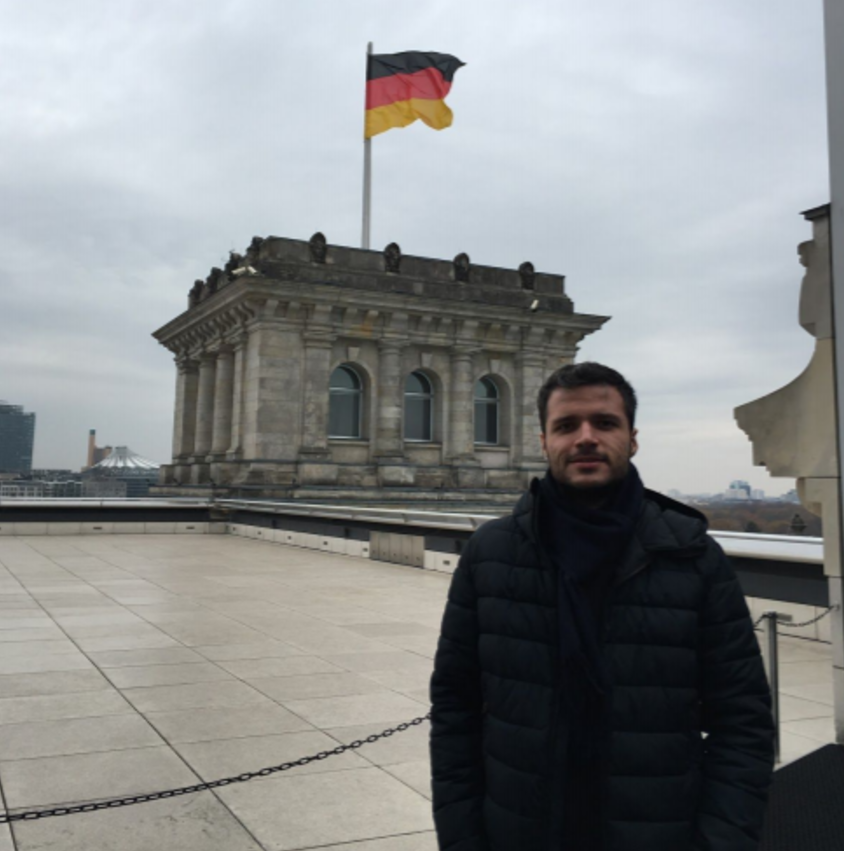
Abdullah Abdulrahim
"My name is Abdullah, Syrian national, and I am 27 years old. I have a refugee status from Austria but I currently live in Berlin. In the fall of 2016, I found out about OLive Program after an extensive online research for educational opportunities for asylum seekers and refugees in Austria. By that time, I had arrived to Vienna and had started my asylum procedure. The process of asylum applications usually takes a while, sometimes up to three years. During this time, asylum seekers are new in the host country, do not know much about its system and are living in uncertainty. In short, they are lost. I thought that I did not want to be lost and that I wanted to invest my time in an effective way and learn something during the waiting phase. So I started to look online for workshops, trainings, educational programs that I could take part in. I believe OLive Program was the only one that I could find. I applied to the program within one week and in three-week time the OLive round started. OLive Program was a perfect fit for my needs. As an engineer graduated from the University of Aleppo, OLive program served as an intermediate body that helped to reconnect me with the academic life in my newly adopted country. Further, the program curriculum was practical and served my new needs, such as the linguistic ones, as it included language classes and various types of workshops such as academic writing, advocacy skills training and other preparatory courses with the aim to prepare students to pursue graduate-level education at universities in Austria and beyond. The program also served us as a platform through which students from different cultures, backgrounds and academic experience - some of whom I am still in touch with - come together and get to know one another with the help of OLive team, which facilitated the space and guided us through the process. If I were to describe the program in one word, I would choose ‘inclusive.’ Having taken part in the OLive Program, I was more confident to start my ‘big’ application for various universities in Austria and beyond. The gained academic experience, and most importantly, the participation and language certificates, and references, supported me greatly in my applications. By the time I finished OLive, I had changed my mind about my academic career and wanted to study something that has to do with Politics. Eventually, I was admitted to Bard College Berlin as part of the Program for International Education and Social Change and was awarded a full scholarship to study Politics, Economic and Social Thought. I believe this is only my first step and I will not stop here. My future plans is to pursue a Master degree in either Human Rights or International Relations. Due to the war experience in my country and the journey I had to take, I am now more determined than ever to find peaceful and sustainable solutions to humanitarian crises across the globe, and as a member of the refugee community myself, to challenge misconceptions, prejudices and discriminatory attitudes towards refugees, asylum seekers and migrants in Europe and beyond. I would definitely be more than happy to support this initiative in any way I can as it was the only opportunity that got me where I am now. Big thanks to the whole team. "
Read moreAna Be
"My name is Ana Be. I live in Vienna since 2016. I made my Master's degree two years before my immigration. I had the opportunity to participate in the "Olive-programme" as well as the "olive up-programme". This course was a big help improving my language-skills in both German and Englisch. Furthermore I was able to make contact with Professors and learned more about the educational system in Austria. Everyone was quite freindly and they gave us advise for continuing with higher level education. Thanks to the programme and with the help of Professor Sarikakis I was able to do a short internship at the University of Vienna. This was an important step into my new life here. I'm grateful to everyone who helped me with this fresh start."
Read moreBashira Taleb
"I studied Biomedical Technology at Damaskus University and worked as a lecturer for the practical section of Biomedical Technology for 15 years. I liked the course a lot and it helped me much. I have learned a lot from words and grammar to working in groups analysing videos and writing letters. I became much more confident. I liked a lot how patient the teaching-personnel was and how many examples they gave us to work with in everyday life. I keep learning German at the momentso I can check for a good job."
Read moreFakhria Alawi
"I am Afghan from Iran. I first did my school leaving examination and started to study interpreting in Englisch and Persian. I only could finish one semester. I found some flyers on a table at the UKI where I had my first German-course. When I saw them I asked about what it was. A staff-member of the UKI registered me and ever since I'm on board. This was already my 3rd cycle in Olive. I did encourge a lot of people to join the project, some of them did register or will register for the new Olive project. I think Olive is a good thing as you can improve your skills in Englisch. I have learned a ot for my vocabulary and grammar. I'm aiming for niveau B2/C1 in German as well as in Englisch for the future. Afterwards I would like to study medicine."
Read moreChristina Bahna
"I am 23 years old and studied arabic literature in Syria. I could not finish my studies. Now I'm doing training as an travel-agency-astistant and registered at the University of Vienna. My studies at the department of English and American Studies will start in February. A friend initially called my attention to the offer of the Olive programme. The course did a lot for me. I learned a lot of new words, my grammer got better, as did my pronunciation. I as will learned techniques for writing and presenting essays. Now I want to finish my studies and start working as an interpreter."
Read more